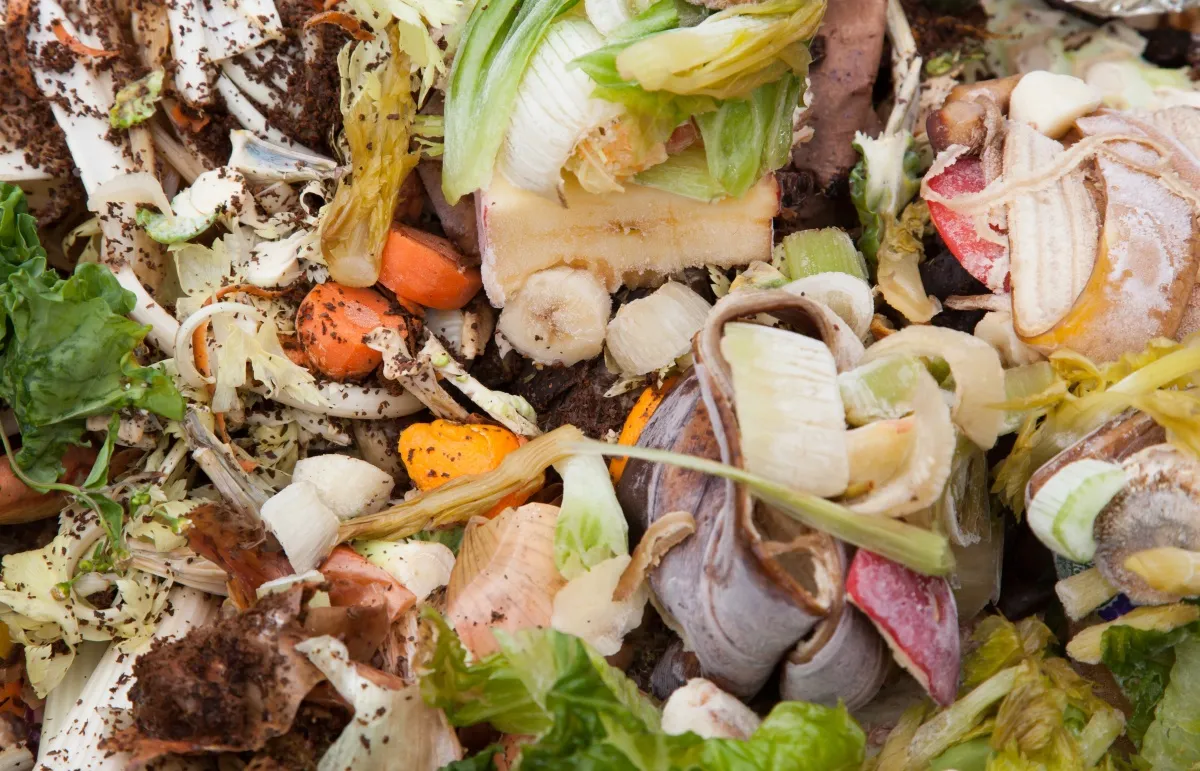Organic waste encompasses a broad range of biodegradable materials, including green waste (leaves, branches, yard debris), manure, wood waste, and food waste. Food waste refers explicitly to uneaten food, food preparation scraps from residences and commercial establishments, and packaged food. By diverting organics and food waste from landfills and recycling it, we significantly reduce harmful methane gas emissions and leachate and promote a more sustainable waste management system.
Recycling organics and food waste involves specific methods of processing these materials to create valuable products such as high-quality compost, mulch, biomass fuel, and organic soil amendments. This not only provides an eco-friendly alternative to chemical fertilizers but also enriches the soil, promoting healthier plant growth and restoring natural ecosystems. Through these recycling efforts, the commercial sector plays a pivotal role in advancing sustainability, reducing waste, and fostering a circular economy.

Organics and food waste refer to biodegradable materials originating from plants or animals that can be broken down by microorganisms into simpler organic forms. These include:
1. Food Waste: This encompasses any uneaten food or food preparation scraps from households, restaurants, and food production facilities. It includes:
- Leftover Food: Uneaten portions from meals.
- Spoiled Food: Food that has gone bad and is no longer safe to eat.
- Food Scraps: Trimmings from food preparation, such as vegetable peels, fruit skins, and meat trimmings.
2. Organic Waste: This is broader than food waste and includes all biodegradable waste from plants and animals. It covers:
- Yard Waste: Grass clippings, leaves, branches, and other garden debris.
- Paper Products: Paper towels, napkins, and other paper items that can decompose.
- Wood Waste: Untreated wood materials that can break down naturally.
Proper management of organics and food waste can reduce landfill use and methane emissions, and it can be recycled into valuable resources like compost and biogas. Composting and anaerobic digestion are common methods for recycling these materials.
